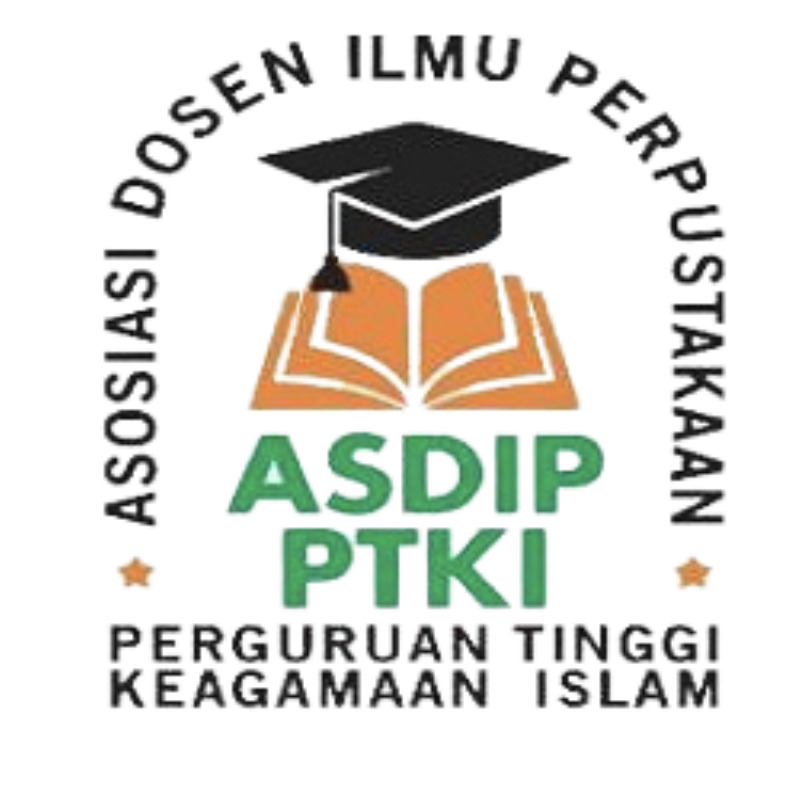Relasi Kuasa Dalam Akreditasi Perpustakaan Perguruan Tinggi
DOI:
https://doi.org/10.29240/tik.v7i2.7409Keywords:
Power Relations, Accreditation, College LibrariesAbstract
This study aims to describe the power relations of Michel Foucault in the accreditation of higher education libraries in Indonesia. Given the large role of the higher education library in supporting the implementation of education in the tertiary institution itself, accreditation as a formal recognition of quality assurance or the fulfillment of quality standards in implementation needs to be questioned. The data proves that from 2,057 university libraries in Indonesia, 722 have just been accredited, so the researchers tried to conduct a study by looking at Foucault's power relations in accrediting university libraries. The method used in this research is exploratory descriptive method. The results of this study convey that the accreditation of higher education libraries has Foucault's theory of power relations. This can have an impact on the organizational structure of the library manager in implementing and managing the library. The organizers and managers in question are the implementation and management as mandated by Law no. 43 of 2007 and PP no. 24 of 2014 and SNP no. 13 of 2017 which meets library standards, but it needs to be understood that Foucault's theory of power relations only gives to anyone freely, whether it's the power of one's own will or power over one's position and whether the effect is good or bad depends on the person who uses that power himself.
Downloads
References
Anita, A., & Wijayanti, L. (2022). Perpustakaan Perguruan Tinggi dan Plagiarisme. Tik Ilmeu : Jurnal Ilmu Perpustakaan dan Informasi. STAIN Curup. https://doi.org/10.29240/tik.v6i2.4464
Aur, A. (2005). Pascastrukturalisme Michel Foucault dan Gerbang Menuju Dialog Antarperadaban. Mudji Sutrisno dan Hendar Putranto (ed). Teori-Teori Kebudayaan. Yogyakarta: Penerbit Kanisius.
Basuki, S. (1991). Pengantar Ilmu Perpustakaan. Jakarta: Gramedia Pustaka Utama.
Martono, N. (2014). Sosiologi pendidikan Michel Foucault pengetahuan, kekuasaan, disiplin, hukuman, dan seksualitas. Jakarta: RajaGrafindo Persada.
Noerhayati. (1987). Pengolahaan Perpustakaan. Bandung: Alumni.
Perpustakaan Nasional RI. (2017). Peraturan Kepala Perpustakaan Nasiomal RI Nomor 13 Tahun 2017 Tentang Standar Nasional Perpustakaan Perguruan Tinggi. Jakarta: Perpustakaan Nasional RI.
Qalyubi, S. (2007). Dasar-dasar Ilmu Perpustakaan dan Informasi. Yogyakarta: Jurusan Ilmu Perpustakaan dan Informasi (IPI), Fakultas Adab UIN Sunan Kalijaga.
Republik Indonesia. (2007). Undang-Undang Republik Indonesia Nomor 43 Tahun 2007 Tentang Perpustakaan. Jakarta: Perpustakaan Nasional RI.
Republik Indonesia. (2014). Peraturan Pemerintah Nomor 24 Tahun 2014 Tentang Pelaksanaan Undang-Undang Nomor 43 Tahun 2007 Tentang Perpustakaan. Jakarta: Perpustakaan Nasional RI.
Satudata Perpusnas RI. (2021). Data Akreditasi Perpustakaan Berdasarkan Provinsi. Diambil 4 Maret 2023, dari https://satudata.perpusnas.go.id/index.php/2022/03/10/data-akreditasi-perpustakaan-2/
Suharyono. (2022). Statistik Perpustakaan Indonesia.
Supriyanto. (2023). Kebijakan Standarisasi dan Akreditasi Perpustakaan. Jakarta: Direktorat Standarisasi dan Akreditasi Perpustakaan Nasional.
Wijaya, I. N. (2012). , Relasi-relasi Kekuasaan di Balik Pengelolaan Industri Pariwisata Bali. Humaniora, 24. https://doi.org/https://doi.org/10.22146/jh.1057
Downloads
Published
Issue
Section
Citation Check
License
Authors who publish with Tik Ilmeu : Jurnal Ilmu Perpustakaan dan Informasi agree to the following terms:
- Authors retain copyright and grant the journal right of first publication with the work simultaneously licensed under a Creative Commons Attribution-NonCommercial-ShareAlike 4.0 International License (CC BY-NC-SA 4.0) that allows others to share the work with an acknowledgment of the work's authorship and initial publication in this journal.
- Authors are able to enter into separate, additional contractual arrangements for the non-exclusive distribution of the journal's published version of the work (e.g., post it to an institutional repository or publish it in a book), with an acknowledgment of its initial publication in this journal.
- Authors are permitted and encouraged to post their work online (e.g., in institutional repositories or on their website) prior to and during the submission process, as it can lead to productive exchanges, as well as earlier and greater citation of published work (See The Effect of Open Access).







 This work is licensed under a
This work is licensed under a 